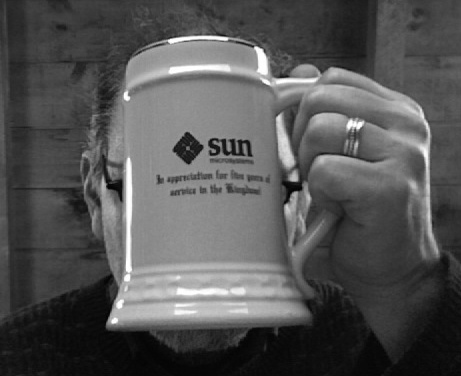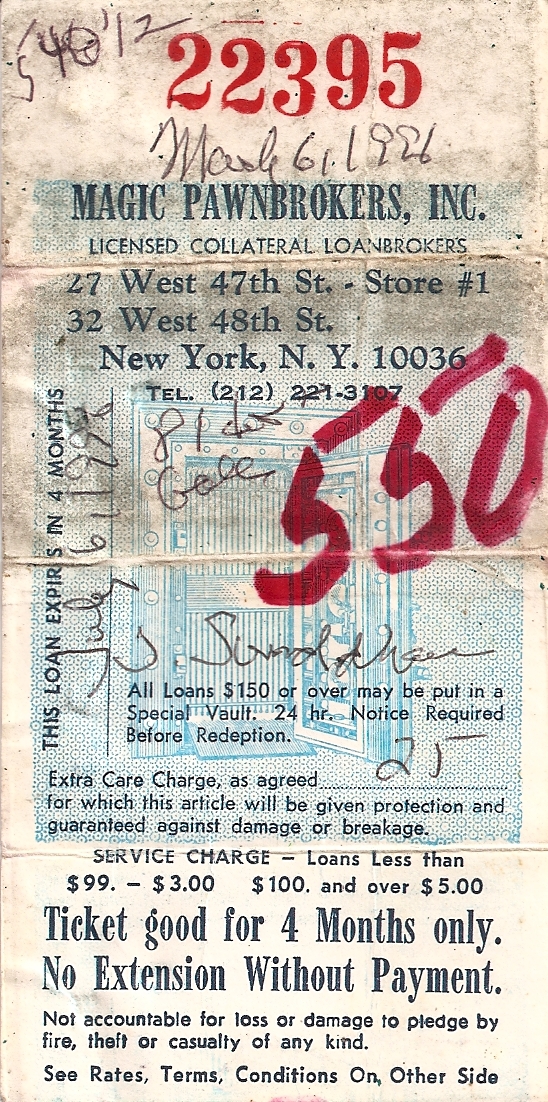I cannot claim to know Chairman Genachowski very well. But the remarks below, given as head of the U.S. delegation in commemoration of the 65th Anniversary of the Liberation of Auschwitz, mark him as my brother on a level that goes beyond all levels of politics and policy.
Ezchor! Lo tishcach I will remember; do not you forget.





 .
.